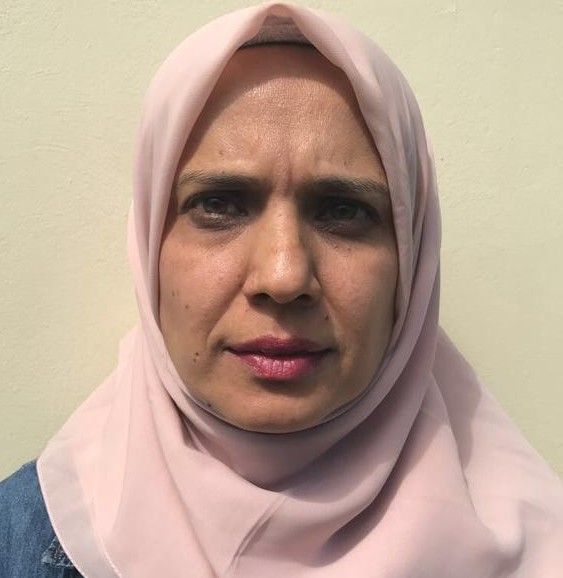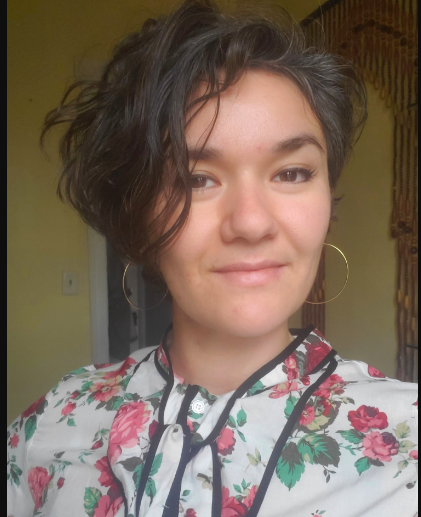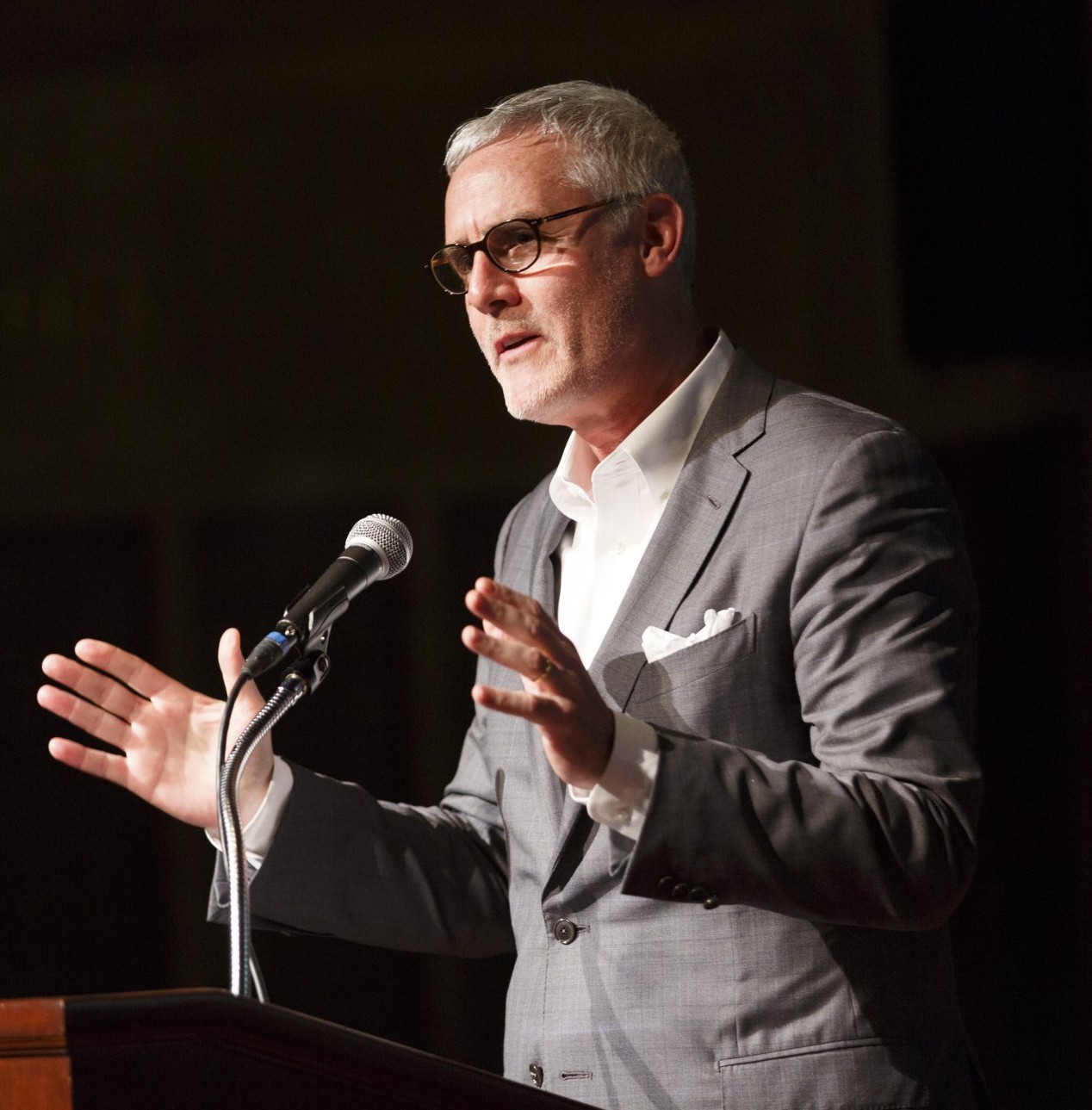Our Program
We believe that the complex challenges facing society today can be effectively addressed by integrating traditional techniques with more adaptive approaches made possible through complexity science and systems thinking. Research has shown that about one in every twenty conflicts – five percent – becomes stuck and seemingly unresolvable. We see an increasing need for novel approaches to solving problems that reflect the complexity of the world today – approaches that avoid the traps and unintended consequences plaguing well-intentioned “fixes” that ultimately fail. In support of this, we are working on multiple fronts to advance the science, practice and education of complexity science and systems thinking.
Our Sustaining Peace Project offers a paradigm shift in the study of peace and conflict dynamics. Currently, the majority of empirical research on conflict and peace from the interpersonal to the societal level has focused on identifying linear, cause and effect relationships between variables in a system. Our research takes a different approach and employs new models – based on complexity science, systems thinking, causal loop diagramming, and Dynamical Systems Theory (DST) – to engage and think anew about the complexity of peace, conflict and sustainability.
For policy makers, civil society, and local communities around the world, specifying and achieving “sustainable peace” has too often proven to be elusive. This is in part due to challenges comprehending peace in complex societies as well as to a fragmented understanding about the conditions and processes conducive to sustainable peace. Research about peace has primarily studied the pathologies of war, violence, aggression and conflict – and peace in the context of those processes. Few efforts have been devoted to studying peace directly as a positive state. In addition, research and practice relevant to peace are typically rooted in specific disciplines while interdisciplinary approaches are limited. As a result, the complexity, multidimensionality, dynamism, and sustainability of peace are not well understood, contributing to a lack of coherent, measurable, and implementable policy agendas that effectively sustain peace.
Our Sustainable Peace Project, grounded in dynamical systems theory and informed by historical and anthropological evidence indicating that humans are fundamentally cooperative beings, seeks to:
- Advance conversations about peace with academic experts, policy makers, and local stakeholders;
- Bridge the gap between the academic understanding and practical applications of sustainable peace by providing policy-relevant tools; and
- Advocate for a more comprehensive and fundamental understanding of sustainable peace.
Under the same theoretical framework, please see the Innovation Lab page, a past project connected to the Sustaining Peace Project.
Sustaining Peace Project Components
Our People

Research Affiliate

Research Affiliate

Program Manager

Principle Investigator

Core Faculty

Core Faculty, Anthropology

Core Faculty, Astrophysics

Core Faculty, Anthropology
Partners and Affiliates


Recent News
Fall Research Assistant for the Sustaining Peace Project at AC4
AC4 is hiring a paid student intern for the Sustaining Peace Project research initiative.
Summer Research Assistant for Sustaining Peace Project
AC4 is hiring a research intern for summer 2020!



